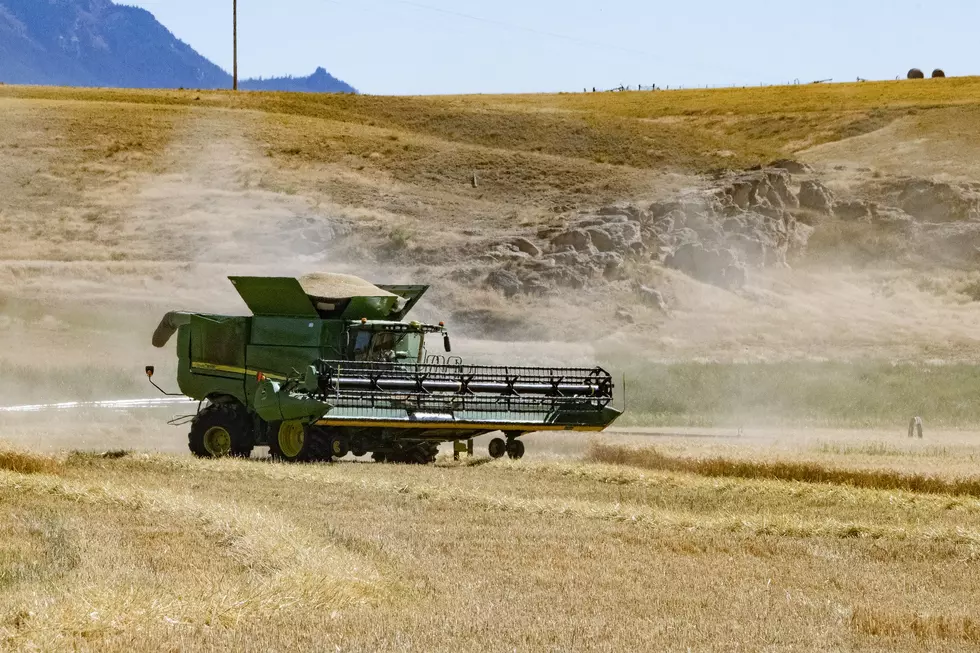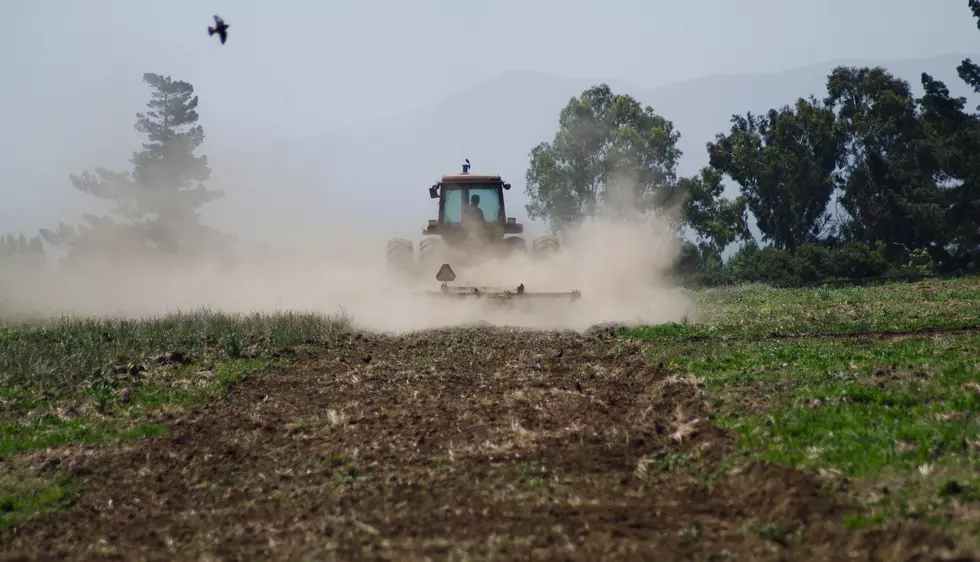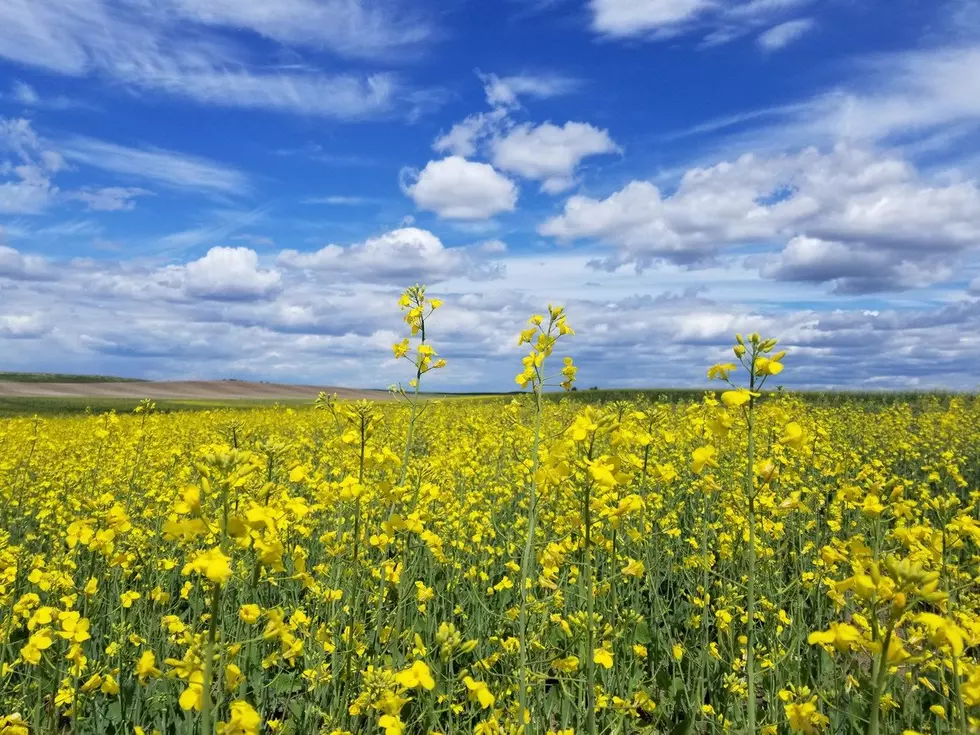
Marshall: Worldwide Grain Production In Dire Straits
One University of Idaho professor says the wheat production picture globally is very concerning.
Dr. Juliet Marshall said most are aware of the impact the war in Ukraine is having on not only getting grain in storage to markets in need, but also on planting this season. But she noted that’s not the only global issue that creating problems for wheat production. Marshall said excessive heat in India has reduced grain production in some areas by as much as 50%, and flooding and water management issues in China could lead to the worst winter wheat crop in that country’s history. She noted those three large scale issues at the same time are putting a massive strain on the international wheat picture.
Marshall said the only other time world grain production was in this kind of situation was during the World Wars.
“If you take a look at in the United States, we have drought west of the Mississippi, take a look at numerous areas, even in the PNW we have drought going on. If you take a look at the Dakotas area and Minnesota, they’re having excessive moisture, and they can’t get in to plant. And the cost of fertilizers, and supply chain problems. No, I can’t think of another confluence of such critical bits of events that have happened to create such a pressure point on our grain production.”
Some have suggested the United States could lessen the blow by increasing production, removing acreage out of CRP to plant more wheat. Marshall doesn’t believe the U.S. can absorb the shock of what’s taking place.
“We already have supply chain shortages. How are we going to just snap our fingers and just say the United States is going to absorb all of the issues associated with grain deliveries? I think that is an oversimplification. We definitely have the manpower, the infrastructure, the knowledge necessary to meet those needs, but we’ve already planted all of our winter wheat, we’ve already planted all of our spring wheat, or most of our spring wheat. One season in of itself, is not going to meet the need worldwide.”
When it comes to producers in the Pacific Northwest, Marshall says its important that growers are very diligent when they scout for diseases, play close attention to conditions, and when crops are ready for harvest, get them out of the field ASAP to reduce the likelihood of sprout damage from August rains.
Marshall added this year may be one of the most profitable years for grain production.
If you have a story idea for the PNW Ag Network, call (509) 547-1618, or e-mail gvaagen@cherrycreekmedia.com
More From PNW Ag Network









